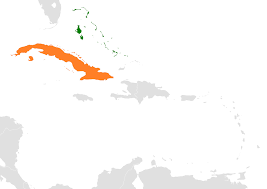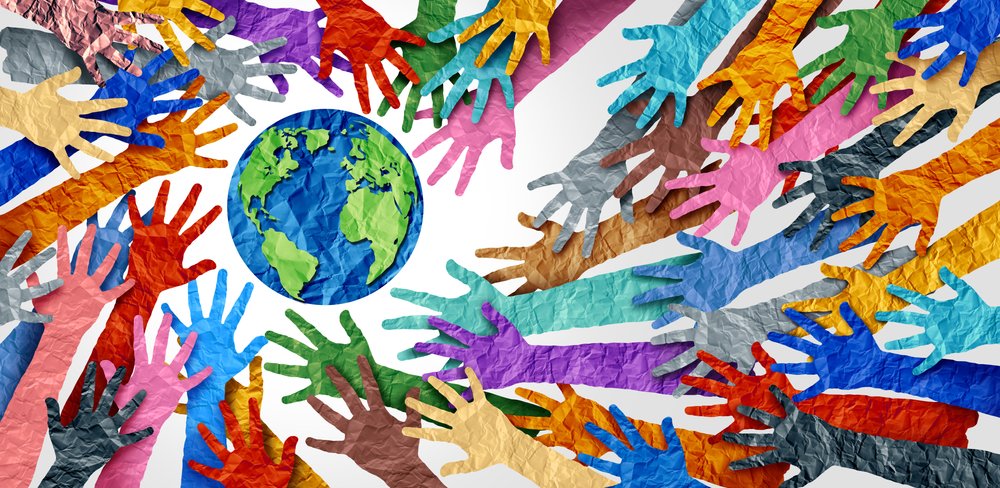NASSAU, BAHAMAS — Prime Minister Philip Davis said yesterday that greater collaboration and collective action is needed to tackle the issues impacting the region, noting that for too long the approach in the region has been “about us, without us”.
Davis, who was addressing the 9th Summit of Americas in Los Angeles, California, noted that climate change, COVID-19 and conflict have undermined regional safety and security.
“It should be sobering for us all that the issues we’re confronting at this Summit of the Americas are more dire and more urgent than those discussed at the first such Summit, three decades ago.
“That is evidence that the good intentions and optimism of that gathering did not translate into enduring advancement.

“Indeed, some countries in our hemisphere have become more unequal and more violent,” said Davis.
He continued: “Across the Americas, the scourges of racism and discrimination appear to be on the rise.
“Emerging moral and technological challenges to our democratic norms threaten our capacity to deliver free and fair elections, and effective governance.
“And all these challenges are eclipsed by the existential threat of climate change.
“What each of these challenges have in common is that they cannot be solved by any one nation alone.”
Davis noted that “all the countries in our hemisphere face overlapping developmental, security and democratic challenges” and therefore collaboration and collective action can only be of mutual benefit.
“The absence of the Republic of Cuba has made these deliberations less complete,” he said.

“We strongly affirm the need to always lead with consultation and diplomatic engagement, which is why we support efforts to breathe new life into the Inter-American Democratic Charter.
“The embargo against our Cuban neighbors — the longest such embargo in modern history — directly contributes to a rise in irregular migration which heavily impacts my country.
“The easing of restrictions in 2016 led to a dramatic fall in irregular migration — a very welcome development for The Bahamas.
“We deeply regret its rescission, and the corresponding rise in irregular migration which accompanied it.
“We also believe that more can be done to provide support for our brothers and sisters in Haiti.
“We also believe that this engagement must be led by the Government and People of Haiti.”

“In the last twenty years, at least 11 major storms have made landfall in The Bahamas,” the prime minister said.
“More than half of my country’s debt can be linked to hurricanes.
“That means that the world’s failure to slow carbon emissions constrains the decisions we make in The Bahamas every day.
“As hurricanes become more frequent and more intense, the waters rise, and so do our debts.”
Hard hits
Davis noted that The Bahamas needs resources to make its infrastructure and our homes more resilient.
“That is why my country has advocated for the creation of dedicated, accessible, and affordable climate-financing.
According to the Prime Minister, carbon markets are an important bridge to a net-zero future, and The Bahamas will be the first country in the world to develop and trade blue carbon credits.

While addressing the impact of COVID-19 on regional economies, Davis noted: “We are grateful for the millions of doses of vaccines, but we must be mindful that the migration of healthcare professionals from the Caribbean to developed countries has been devastating to our healthcare systems.
“The Caribbean has lost health care professionals to the United States and Canada amid the worst pandemic of our life, making it harder to care for our own people.
“I join the Prime Minister of Belize in gratitude to the Cubans, who came to our rescue in providing much-needed personnel.”
The prime minister also noted that The Bahamas is also being hard-hit by the illegal transshipment of guns, Davis underscored the fact that this nation does not manufacture guns.

He said: “Not a single gun is made in The Bahamas.
“We have witnessed an explosion in gun-related crimes, crimes that far too often end in major injury or murder.
“I strongly urge those states in the region which manufacture guns, to continue to work closely with us to contain them within their own borders, and to do what you can to prevent such harmful proliferation.
“Surely the right to bear arms cannot be interpreted as the right to traffic arms.”






